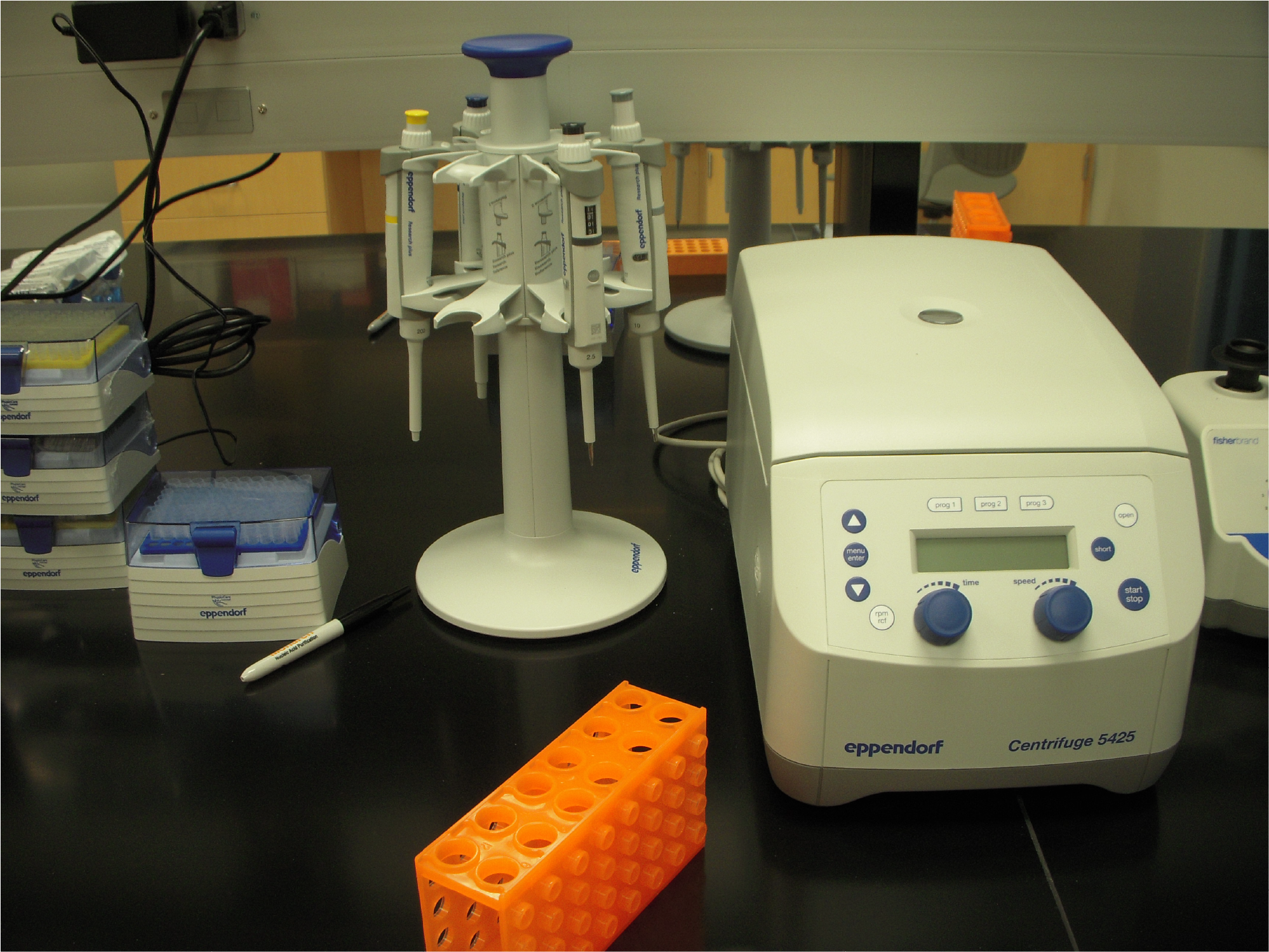The Alpha1 Investigators’ Meeting is on November 6th from 12-7pm. Dr. Lackey is presenting the results of her work on SERPINA1 post-transcriptional regulation.
Project title: Developing an accurate model of human α-1-antitrypsin protein expression through RNA structure and function
Investigator(s): L. Lackey, A. Coria, I. Jimenez-Ruiz, P. Grayeski, Z. Xu, J. Platig. P. Castaldi, A. Laederach

Objectives: Alpha1 anti-trypsin (A1AT) protein is produced from the SERPINA1 mRNA. Normally, A1AT inhibits the immune protease neutrophil elastase, but if A1AT does not function properly, over-active neutrophil elastase damages the lungs. This lung damage leads to a predisposition toward chronic obstructive pulmonary disease (COPD), particularly in the smoking population. Variants within SERPINA1 can cause low levels of A1AT or misfolded A1AT, which are associated with lung and liver disease. Little is known about variants within non-coding regions of SERPINA1 that impact A1AT expression. Regulatory elements within the 5’ Untranslated Region (UTR) of SERPINA1 mRNA impact A1AT expression, suggesting that non-coding variants are important for A1AT-associated disease predisposition. SERPINA1 also has around 1700 nucleotides of 3’UTR sequence, and the role of this region is not well characterized in terms of its effect on A1AT expression. Objectives are to identify non-coding variants that influence A1AT expression, test whether 3’UTR elements regulate A1AT expression and determine their mechanism of action.
Results: We identify two novel 3’UTR isoforms generated by alternative polyadenylation (APA) in the SERPINA1 mRNA. The short isoform, created by cleavage at a proximal site, is common and highly expressed in all tissues with SERPINA1 mRNA expression. The longer 3’UTR isoform is primarily expressed in the liver and represses protein expression in a reporter system by over two orders of magnitude. Patients with COPD have increased amounts of the long SERPINA1 3’UTR isoform compared to patients without COPD in lung primary tissue.
Conclusion: Regulatory elements within the non-coding UTRs of SERPINA1 influence A1AT expression. COPD patients have disproportionately high amounts of long 3’UTR SERPINA1 isoforms, which are likely not able to effectively translate the A1AT protein, possibly contributing to their disease. Additional studies are necessary to understand the pathway that leads to increased use of the distal APA site in individuals with COPD. Variants that impact regulatory elements alter A1AT expression and influence A1AT-associated disease, such as the published 5’UTR variant rs568223361, which is associated with decreased A1AT levels and lung disease.
